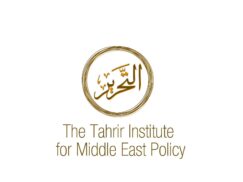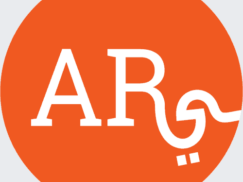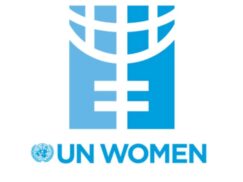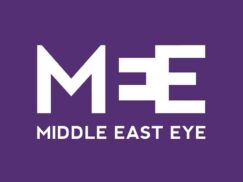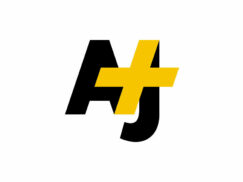UPDATES TO KAFALA
The definitive place to get the latest updates on Kafala.
Few countries would like to face the conditions Lebanon is facing at the moment. It is a nation virtually under siege, bearing the brunt of economic and, due to the pandemic, health woes. It has been battered by economic ruin, suffering from a dire paucity of dollars and drowning in debt. Then there was a gigantic explosion that completely shattered parts of the capital Beirut. It killed 200 people, injured 6,000 and left 300,000 homeless, leaving many questions unanswered. What’s making things worse is the coronavirus which is taking a heavy toll not just on the country but the whole world over.
These domestic workers have been the first victims of Lebanon’s economic demise, often finding themselves being dropped unceremoniously on the street to the shocked stares of the other workers already waiting outside the consulate.
On August 4, 2020, an unexpected explosion of over 2,700 tons of ammonium nitrate neglected for years at the Beirut port resulted in a humanitarian catastrophe in one of the region’s most populous cities. Over 200 people are estimated to have died, more than 6,500 were injured, and over 300,000 of Beirut residents, a third of them children, were displaced from their homes. The severity of the explosion at the port, with damages estimated at $350 million, was and continues to be exacerbated by a series of protracted challenges facing Lebanon.
In 2018, Tunisia was the first country in the MENA region to enact a law that penalizes racial discrimination and allows victims of racism to seek redress for verbal abuse or physical acts of racism. This interview examines the main aspects of the anti-racism law, its impact two years following its adoption and the gaps that still need to be addressed, notably the absence of a national strategy.
In the challenging context of the COVID-19 pandemic and the ongoing economic crisis, food prices in Lebanon have soared and become unaffordable for many. Caught in the crosshairs of multiple crises and at the mercy of an oppressive Kafala ‘sponsorship’ system, many migrant domestic workers in the country have found themselves in an impossible situation.
Women in Kuwait have launched a social media campaign in which they demand accountability and share their testimonies.
This migrant domestic worker says she lived through hell in Lebanon. She was beaten, humiliated and left without pay for nearly a year — until she decided to run away.
The glittering city-states of the Persian Gulf are built on modern slavery. Behind the gleaming skyscrapers, the world-class air-conditioned malls, the luxury tourist attractions and the opulent villas lie racism, misery, sexual abuse, violent exploitation, even death.
Adoption in the strict sense of the word, with children taking on all the legal rights of biological offspring, is not allowed under Islam, which emphasizes the importance of preserving blood lineage. Instead there is Kafala, an alternative care system under which adults can become guardians of orphaned children.
ماريا (اسم مستعار)، عاملة مهاجرة من سريلانكا، تقف خارج شقتها في بيروت، الأحد 10 كانون الثاني 2021. تعمل ماريا لحسابها الخاص في البيوت وفي أحد المطاعم في بيروت. خلال الإغلاق العام بسبب فيروس كورونا، يقفل المطعم أبوابه. وبما أنّها تعمل بأجر يومي، لا تحصل ماريا على أيّ أجر خلال الإغلاق. منذ انتشار فيروس كورونا في لبنان، توقّف الناس عن الطلب منها القدوم لتنظيف بيوتهم خوفاً من انتشار الفيروس. (داليا خميسي)



